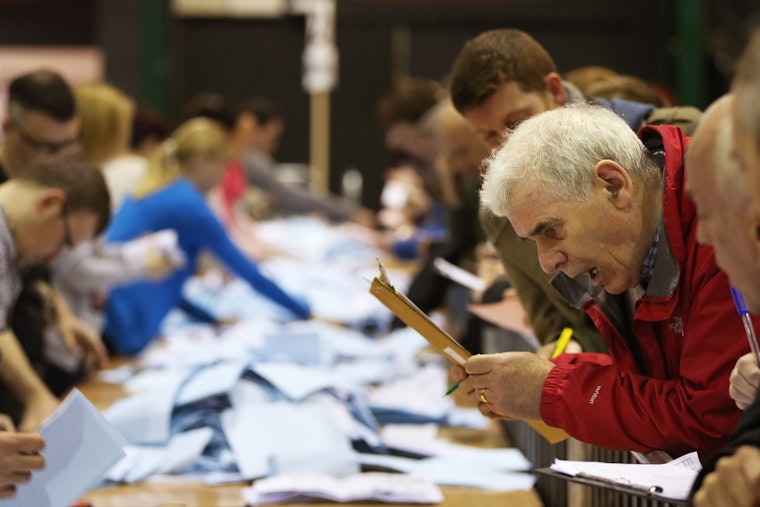
What are the European Parliament elections?
The European Parliament is the chief legislative body of the European Union. It is currently comprised of 751 members of the European Parliament from 28 member states. (If the United Kingdom leaves the European Union, the number of member states will be 27.) Its membership is decided through a series of elections that occur once every five years. The European Parliament elections, due to take place from May 23 to 26, are one of the largest democratic events in the world. Around 450 million European citizens will have the opportunity to influence the future direction of the European Union.
What powers does the European Parliament have?
The European Parliament is the only legislative body in the world whose decisions have direct legal effect in multiple sovereign nations. The European Parliament is a directly elected EU legislature with supervisory and budgetary responsibilities as well as its role as the locus of democratic debate on EU-level issues and action. The European Parliament has powers over important decisions such as how public money is spent through the European Union’s common budget and how the European Single Market is regulated.
How could this election change the European Union?
The elections are taking place during a period of political turmoil for the European Union. An increasing number of European politicians do not embrace democracy, the rule of law, nondiscrimination, and other open society values. If elected to the European Parliament, these members of the European Parliament could join together and roll back Europeans’ benefits and rights.
What are some of the issues the next European Parliament may face?
The results of the European Parliament elections will determine:
- whether members of the European Parliament become stronger defenders of tolerance and democratic values in Europe, or the Parliament becomes weaker on these issues;
- whether politicians who base their campaigns on conspiracy theories, fearmongering, and social division will be rewarded with high office; and
- whether the European Union will be strong enough to ensure that rogue governments cannot demand economic subsidies while refusing to respect the rights of their residents and citizens.
How are the Open Society Foundations working to make sure European Parliament elections are accessible, democratic, and fair?
We support efforts to broaden political participation and representation, to nurture tolerant and inclusive political debates, to expose disinformation campaigns that seek to manipulate the elections, to support open society values in the future European Union, and to create greater political accountability within the European Union. We work with a variety of groups, including the following:
- First Draft News, which fights against disinformation campaigns that mislead voters and undermine European solidarity
- The Roma Standing Conferences in Hungary and Bulgaria [link in Bulgarian], Aresel in Romania [link in Romanian], and Kethane-Roma and Sinti for Italy [link in Italian], all of which defend the rights of Roma to take part in electoral systems without intimidation, discrimination, or vote-buying, and who keep European Parliament candidates accountable on issues of corruption, state-sponsored segregation, forced evictions, cultural recognition and economic fairness
- d|part, which conducts research on European public opinion to better inform political discourse
- The Bridges Project, which helps citizens and policymakers come up with new ideas so that Europeans’ concerns can be addressed through better policies
- The Europe We Want, a campaign to remove barriers that keep civil society groups from taking part in the public debate and parliamentary discussions
Read more
publication
North Macedonia: What’s Next?

This report by the Open Society European Policy Institute looks at the next steps for newly-named North Macedonia, and the wider implications the name change has for the Balkans region.
Voices
Brexit’s Unanswered Questions

In the time since UK voters opted to leave the European Union, the debate about Brexit has focused on its implementation. But do policymakers really understand what motivated the leave vote in the first place?
Voices
The EU’s New Privacy Rules Are Only a First Step

While the new rules governing how large tech companies use people’s data are a step in the right direction, more must be done in order to rein in the excesses of “surveillance capitalism.”